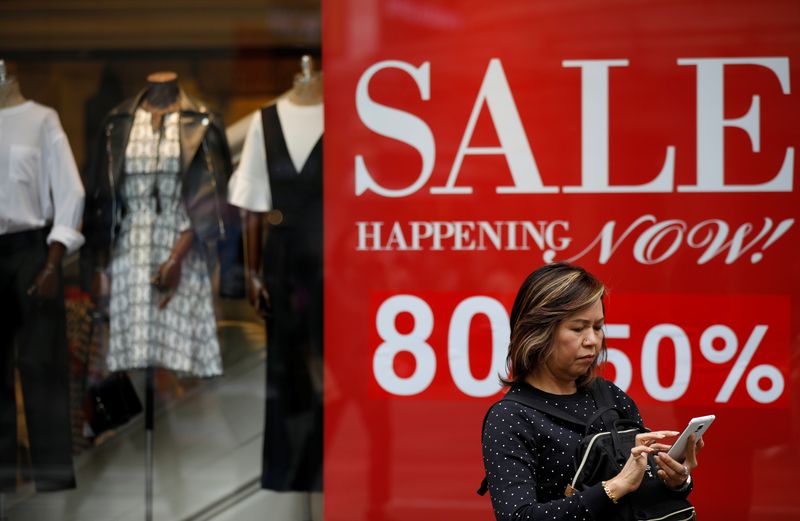South Korea economy barely grew in Q4; BOK to cut rates in February – Reuters poll
2025.01.20 20:39
By Rahul Trivedi
BENGALURU (Reuters) – The South Korean economy barely grew last quarter as political chaos weighed on consumer spending, according to a Reuters poll of economists who expect the Bank of Korea to cut interest rates next month following a surprise hold last week.
Asia’s fourth-largest economy grappled with uncertainty from President Yoon Suk Yeol’s brief Dec. 3 martial law attempt, weakening economic sentiment and sluggish domestic demand which overshadowed the recovery in exports.
After only growing 0.1% in the July-September quarter, South Korea’s economy likely expanded a seasonally adjusted 0.2% in Q4, according to the median forecast of 24 economists.
On an annual basis, the economy expanded 1.4% last quarter, according to the median forecast of 25 economists polled Jan. 15-20, barely changed from 1.5% in the previous quarter.
“We expect Q4 GDP data to show lackluster growth. High-frequency indicators point to domestic demand weakness, particularly in December as political events hurt consumer and business confidence,” said Krystal Tan, an economist at ANZ.
Exports rose 6.6% in December compared to a year earlier. Semiconductor exports increased 31.5% during the same period.
The Bank of Korea (BOK) unexpectedly held its key rate steady on Jan. 16 to prevent the Korean won – which fell more than 12% last year – from weakening further, as political instability undermined investor confidence. The currency has seen a modest gain since the decision.
Although currency stability took precedence over domestic demand concerns in last week’s meeting, BOK Governor Rhee Chang-yong indicated a rate cut was still on the table.
All 25 economists in a Reuters snap poll taken after the BOK’s January decision expected it to lower borrowing costs by 25 basis points in February and median forecasts showed a total cut of 75 basis points by end-Q3.
“Even if the climbs back, as long as the current political situation does not worsen and it is driven more by the global dollar strength, the BOK is likely to deliver a rate cut in February,” noted Min Joo Kang, senior economist at ING.

“After that, the BOK will keep a close eye on political developments, growth, inflation, and the won to gauge when to cut rates.”
The BOK has lowered its 2025 economic growth projection from 1.9% in November to a range of 1.6% to 1.7%, reinforcing the rate cut view.








